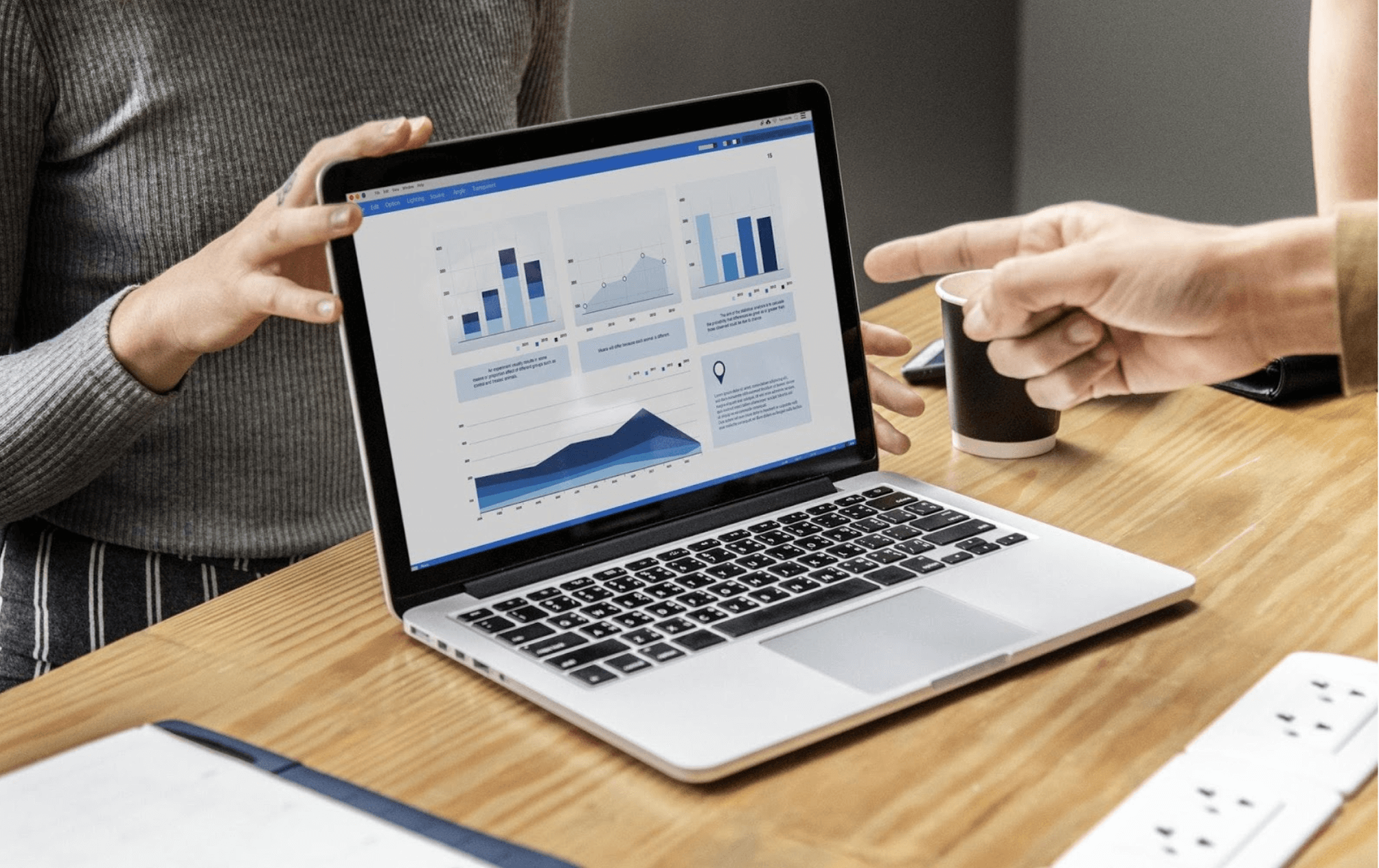How to Identify Business Opportunities Through Big Data
Guest post by Jen McKenzie, independent business consultant from New York.
At one time, Big Data was only available to the largest companies with the biggest tech budgets. With advancements in AI and machine learning, not to mention more than 20 billion connected devices poised to begin generating an avalanche of data by 2020, Big Data is no longer just for Big Business.
Even the smallest of businesses are migrating to more integrated systems that can provide a more comprehensive picture of their business than ever before. Here are 4 ways Big Data can help even the smallest of businesses identify big opportunities.
1. Predictive Analytics
If you own a small bakery, you may not notice a sudden 12% increase in sales on the 3rd Thursday of every month, but your payment processing system might. That seemingly small increase in sales on that one day a month might go unnoticed for some time, but the results can have a snowball effect. A 12% increase on a single day is just small enough to not be readily noticed, but can lead to shortages somewhere down the road. Predictive analytics can analyze current trends to tell you what is most likely going to happen a few weeks, months or even years down the road if the trend continues.
Advanced analytics are capable of extrapolating data from a wide range of sources to predict future outcomes with amazing accuracy. Not only can this help small businesses with managing supplies and inventory, but it can also help manage other resources such as personnel and equipment as well. Predictive analytics is currently helping large retailers schedule cashiers in increments as small as 15 minutes to ensure they have the right number of cashiers to keep lines short while also not wasting valuable human resources.
2. Customer insights
By now, all retailers know that Black Friday will be their biggest sales day of the year, TV’s are a hot commodity right before the Super Bowl and grills and patio furniture start selling like hotcakes in the spring. When it comes to what groups of shoppers will do, retail has become a science. But what about individual shoppers?
Predictive analytics can do far more than just tell you what days a bakery is most likely to run out of flour or sugar. It can also help retailers understand the shopping habits and behaviors of individual customers. Which of your customers is likely to buy the first time they walk into your store and which ones come back 3 or 4 times before buying? What would motivate one shopper to buy versus another shopper? What colors attract the attention of which customers? These are all questions that Big Data is poised to answer.
Retail is also not the only business that Big Data can give insight about customers to. Big Data can also analyze real estate markets to determine the exact day or even time it is best to put a house on the market, based on the behavior patterns of home buyers. It can analyze offers to determine which offer may be the best long term and which buyers are most likely to follow through to completion and which are likely to get cold feet. By encouraging their clients to take a slightly lower offer from a buyer with a far higher likelihood of following through to completion, agents can save their clients a great deal of headache, hassle and frustration. This can’t help but be good for business in the end.
3. Marketing opportunities
That same 12% increase in sales that a small bakery owner might not notice has the potential to become a major gain if marketed properly. For instance, the 12% gain might be the result of a new book club meeting on the 3rd Thursday of every month. By recognizing the increase in sales and tracing it to its source, the small bakery owner has the potential to capitalize on that small increase and turn it into a major sale. Not only that, but by recognizing where new business is coming from, it gives the bakery owner the opportunity to market to a whole new demographic.
A POS system can gather zip codes associated with credit cards. If there is a significant increase in sales from a new zip code, that represents a new marketing opportunity that can be capitalized on. With the rise in connected devices, Big Data can also tell companies how users are using their products. This, in turn, can give businesses the opportunity to market their products in a whole new way or to an entirely new market sector.
4. Effective production management
There is probably no bigger challenge for business of all kinds than effective production management. A construction company, for instance, will generally have several projects in various stages of development at any point in time. They also depend on a wide range of crews to complete various steps in the process, all of whom are also working on multiple projects. In some cases, construction may be all but halted for days or even weeks by crews waiting on materials that in some cases may simply have been delivered to the wrong site. In other cases, materials may be delivered early and end up sitting out exposed to the elements for months, rendering them unusable by the time a project is ready for them.
The construction industry could learn a lot from the auto industry about using Big Data to effectively manage all of the many moving pieces and parts of their projects. With Big Data, contractors will know exactly when supplies have been delivered – and where – or when they will be delivered if they have not been. If there is a hold-up somewhere, they can quickly determine exactly where in the process that hold-up is occurring. Crews can use project management apps to determine which projects are ready for which tasks to be completed and one crew can quickly communicate with another when their part of the project is completed. Even weather can be factored in to schedule indoor and outdoor tasks to ensure no project is just sitting and waiting for days on end. While the construction industry may benefit most from Big Data, there are almost no industries that it doesn’t have significant applications for.
One of the biggest boons to Big Data for small business is the integration of a number of software programs that allow analytics to pull data from a wide range of sources. For instance, Square systems integrate fully with Quickbooks so that both sales and expenditures can be analyzed from a single source. Programs like Salesforce can be used by AP/AR, Sales, Marketing, Payroll and even HR to provide an accurate picture of the company processes as a whole. This gives companies the ability to match up material and labor needs with exact customer demand. Maximizing current resources frees up additional resources for expansion.
What are Large Language Models (LLMs)?
March 18th, 2024|
What are chatbots and how do they work?
November 23rd, 2023|
The AI Act and its impact on the use of chatbots
October 27th, 2023|




